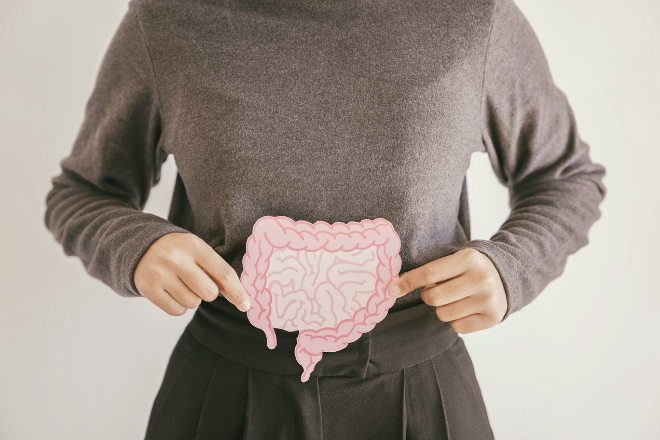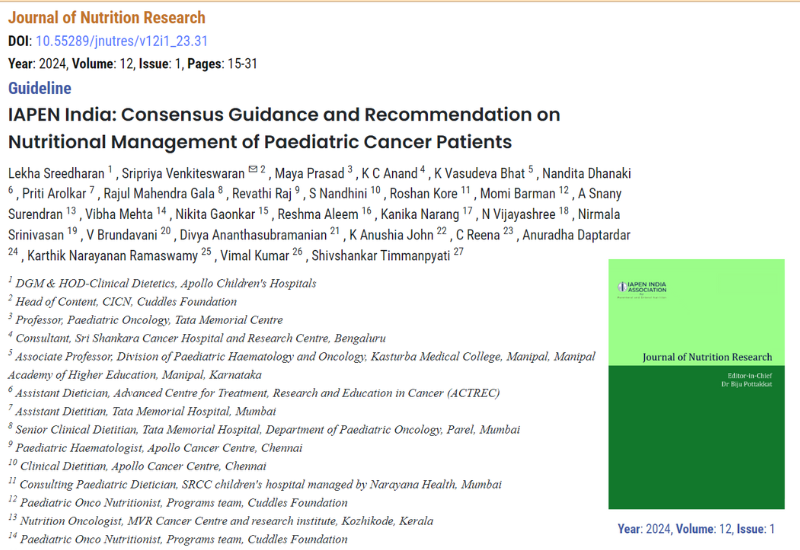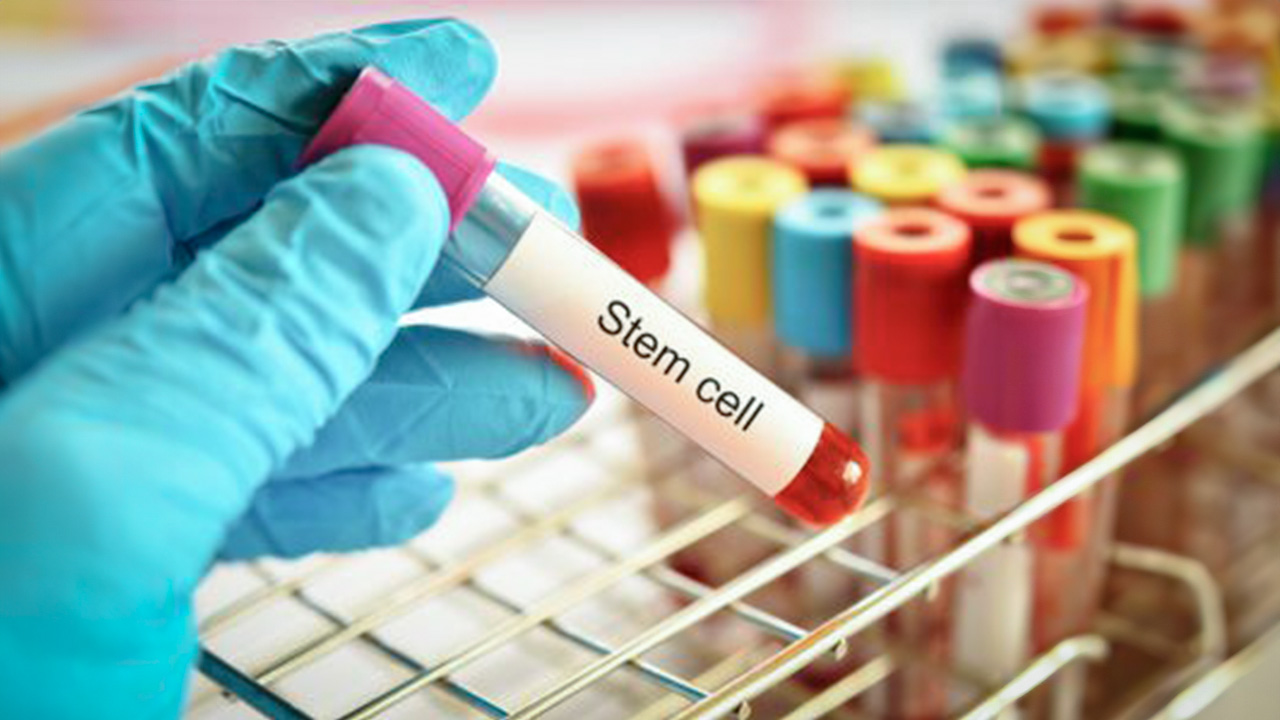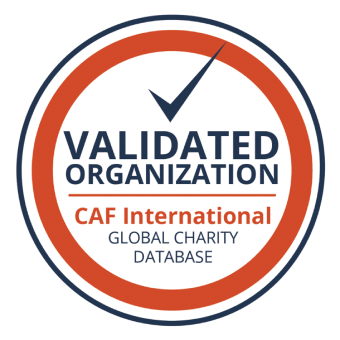The study indicates that the gut microbiota plays a crucial role in influencing both the effectiveness of leukemia treatment and the development of various cancers, including acute leukemia. The article presents an examination of information found in literature regarding the role of dietary factors and gut microbiota in leukemia.
The human microbiome, especially in the gut, significantly influences disease and health, acting as the “second genome.” Microbial dysbiosis is associated with cancer, including leukemia, with studies showing alterations in gut microbiota composition in patients, particularly those with acute lymphoblastic leukemia (ALL). Dysbiosis induces intestinal epithelial barrier damage, triggering inflammatory immune responses contributing to cancer development. The study highlights relevant differences in bacterial composition between healthy individuals and a pediatric ALL mouse model, emphasizing the impact of chemotherapy on microbiota.
Intestinal microbiota significantly influences drug efficacy and side effects in leukemia treatment. Chemotherapy impacts gut microbiota, with potential alterations in diversity and bacterial composition, influencing complications and prognosis. Gut microbiome modulation through probiotics, prebiotics, and diet may mitigate side effects and enhance treatment outcomes. The interplay between gut microbiota and non-antibiotic drugs, such as methotrexate and cyclophosphamide, affects drug metabolism and efficacy. Probiotics, like Lactobacillus rhamnosus, alleviate gastrointestinal side effects in children with ALL undergoing chemotherapy. Faecal microbiota transplantation (FMT) shows promise in treating complications after allo-HSCT. Prebiotics and melatonin may aid microbiota restoration post-chemotherapy. Read the full article about the gut and its role in cancer etiology and management here:
Microbiota, Diet and Acute Leukaemia: Tips and Tricks on Their Possible Connections
Synopsised by:
Girija Damle
Nutrition Research Associate: Cuddles Institute for Clinical Nutrition
Source: Furci, F., Cicero, N., Allegra, A., & Gangemi, S. (2023). Microbiota, Diet and Acute Leukaemia: Tips and Tricks on Their Possible Connections. Nutrients, 15(19), 4253. MDPI AG. Retrieved from http://dx.doi.org/10.3390/nu15194253





